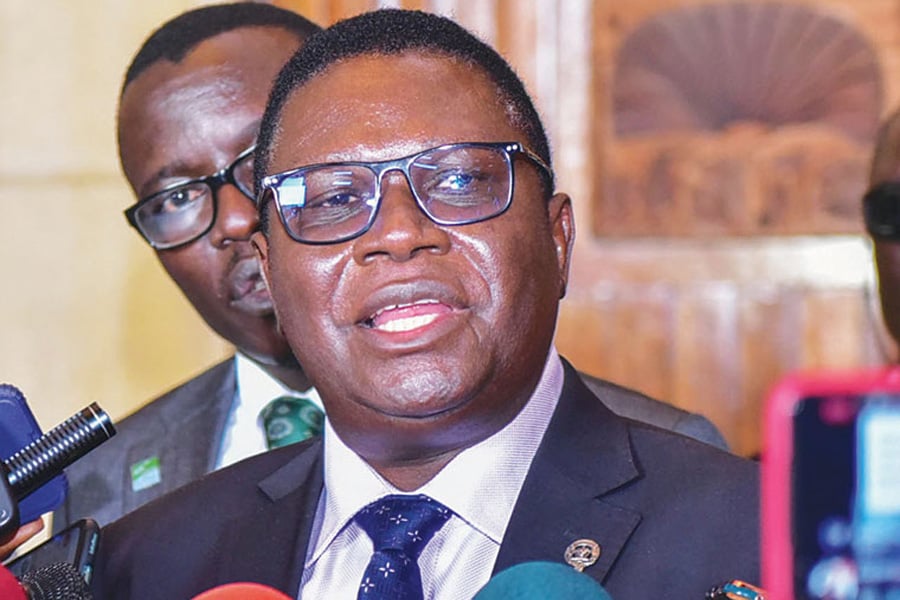The Justice and Constitutional Affairs Minister, Norbert Mao, has urged government ministries, departments, and agencies to become more open, accessible, and responsive to citizens to rebuild public trust. Mao made the remarks at the launch of his ministry’s Strategic Plan (2025/26–2029/30), Service Delivery Standards, and the Client Charter in Kampala on Wednesday.
These documents serve as major policy instruments, providing clear direction on how justice services should be delivered to Ugandans. “These documents are a celebration of our achievements, but above all a declaration of our commitment to improve where we have been weak,” Mao said. “Government must open up. Many citizens feel the government is too closed. They think it is inaccessible. Most people don’t even know their LCIII chairperson or CAO. It is our duty to show them that these structures exist and can make their lives better.”
On the issue of declining public trust, the minister said many Ugandans have low expectations because they are not well-informed about government activities. “It is easy to demonize the government when there is no crisis,” he said. “Just like you throw away an umbrella when the rain stops. The government must remain present whether citizens recognize its role or not. But it is also our duty to inform citizens.” Mao emphasized that transparency and openness are critical for building trust.
He described the Ministry of Justice as a service ministry that touches every part of government. “We review contracts, defend government when it is sued, support local governments with bylaws and ordinances, and ensure government actions are in line with the Constitution,” he said. “Our duty is to be like linemen to ensure compliance with the law.” Mao also highlighted the ministry’s focus on estate management for deceased or missing persons.
“When a person dies, the law provides for succession. The disputes we see are not with the courts or government; it is family members who fail to agree,” he said. He urged families to settle disagreements early, prepare wills, set up family trusts, and use mediation or alternative dispute resolution to reduce conflicts. Deputy Secretary to Cabinet Jane Kyarisiima, representing the Head of Public Service, described the launch as a reaffirmation of the government’s determination to strengthen justice, constitutionalism, and accountability.
She noted that the new Strategic Plan aligns with Vision 2040, the National Development Plans, and the Public Sector Transformation Programme. According to Kyarisiima, priorities include improving access to justice, modernizing justice infrastructure, enhancing legislative reform, promoting digital transformation, and building an ethical and professional workforce. She stressed that the focus must be on implementation rather than paperwork.
“The citizens are tired of business as usual. They keep being told: Come back today, come back tomorrow. The true measure of success will be the transformation citizens experience—reduced case backlogs, predictable legal processes, improved human rights protection, and a justice system that inspires trust.” She cited a recent visit to a prison in Eastern Uganda where many inmates had spent over five years on remand without trial. “What happens if the person was supposed to get only a two-year sentence?” she asked. “These documents should guide us to address such failures.”
Kyarisiima also highlighted concerns that justice currently favors the wealthy. “Many citizens say that if you don’t have money, there is no justice for you. That must change,” she said, recounting a woman whose property was demolished by a powerful businessman and who had nowhere to turn because every office she approached was already ‘influenced.’ “How do we build a system that defends the weak, not only the powerful?”
Both officials emphasized that justice is a collective responsibility requiring coordination among central government agencies, development partners, civil society, and the private sector. Given limited resources, partnerships are essential for effective service delivery. They agreed that the Strategic Plan, Service Delivery Standards, and Client Charter will only matter if they lead to practical reforms that ordinary Ugandans can feel.
***URN***

